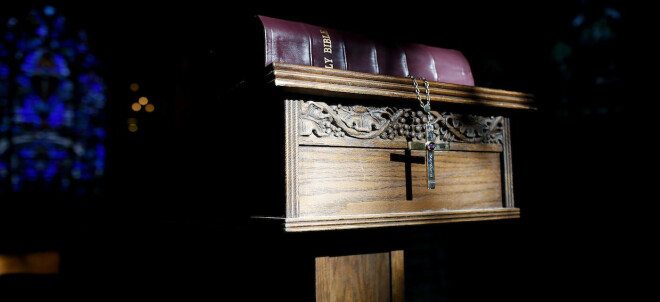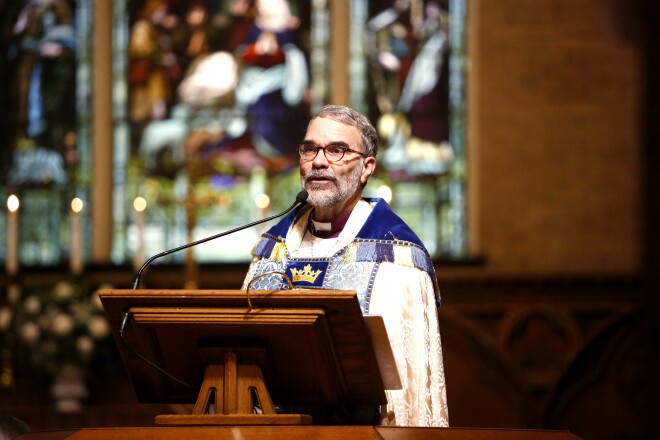At the Very Least, We Can Say...

I try my best to stay out of politics. Given our polarization it is hard enough in present circumstances for us to hear. There is a legitimate debate to be had about social policy in America. And of course a minister of the Gospel needs to serve rich and poor, red and blue. But, at the same time, we need to take our calling seriously. And we Episcopalians have inherited a tradition that sees the parish as including not just the Episcopalians but everyone in its bounds. My calling means I spend time riding around rural and, in many places, impoverished, east Texas. In places you may find there the ravages of opioid addiction, unemployment, and despair, which helped to propel Mr. Trump to the presidency. Meanwhile, you do not need to be a Church progressive to care about the distress of the widow and the orphan - it’s in the Bible, and the record of Churches in addressing these issues, whatever the denomination or politics, is something we can be ecumenically proud of.
With all this as context, I have been doing a little amateur online research about some of the things I have read in explanation of the federal budget recently proposed. Whatever your or my political affiliation, truth-telling is a virtue, all the more so in the present climate.
- There is in fact evidence of the correlation between feeding hungry and impoverished children and better academic performance.
- There is in fact evidence of the positive results of feeding the elderly poor through Meals on Wheels to achieve better health outcomes, and I might add reduce the bill for health care!
- We can, based on past data, project what the effects would be on the elderly poor by the halving of the federal budget for Medicaid.
I read recently about how vagrancy, that is urban poverty, was criminalized in the early 17th century in England. One penalty for chronic poverty was indentured servitude, another, boring a hole in the earlobe of the offender. One remedy was sending the riff-raff to…Virginia and Massachusetts! The great John Donne once said that sending our forebears to the New World cleansed England’s spleen. (I am borrowing from the book “White Trash”) I wonder at times how far we’ve really come - at least the boring of ear-lobes is gone…
Peace
+GRS




